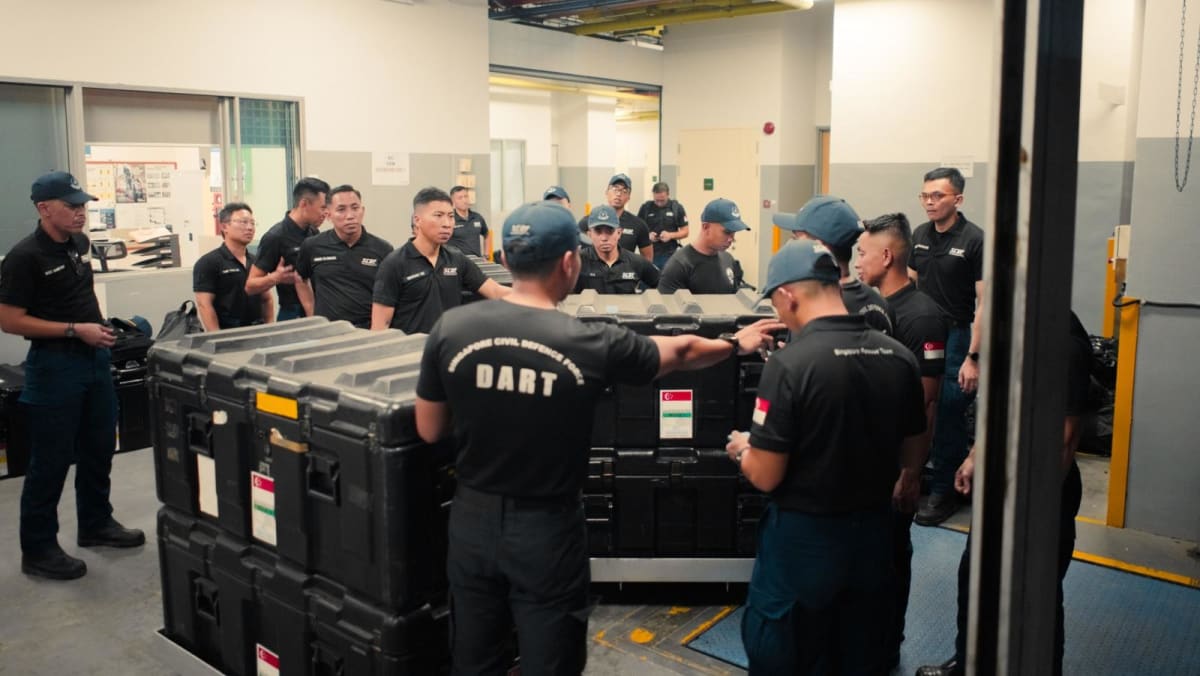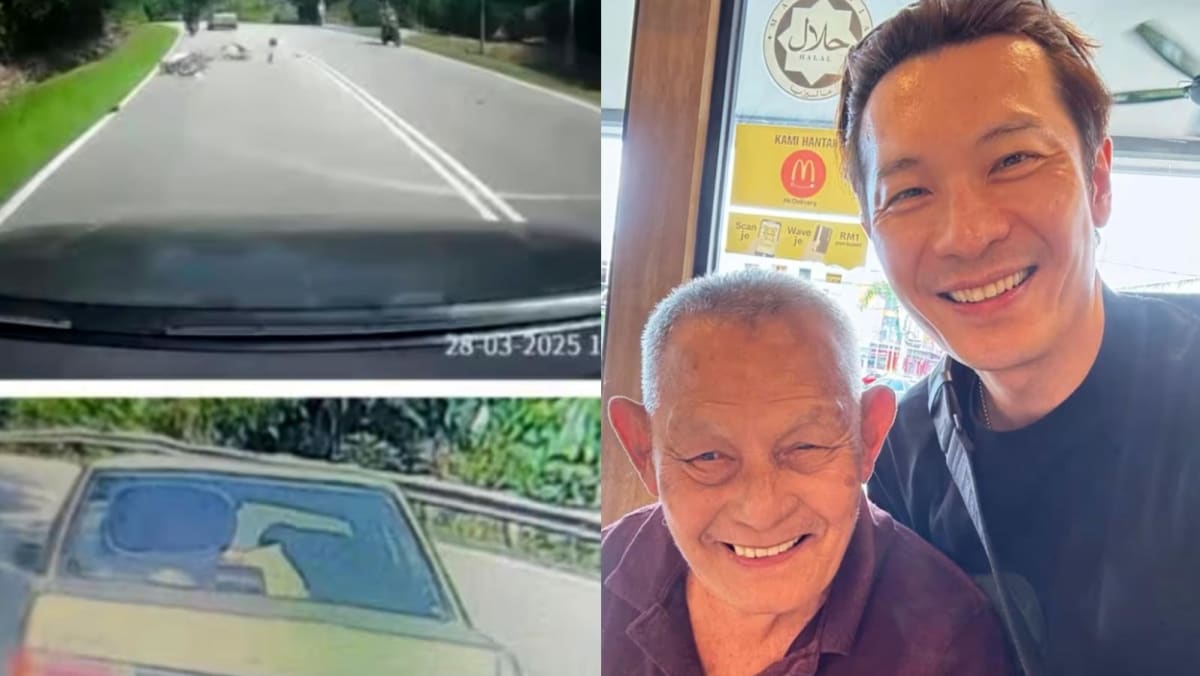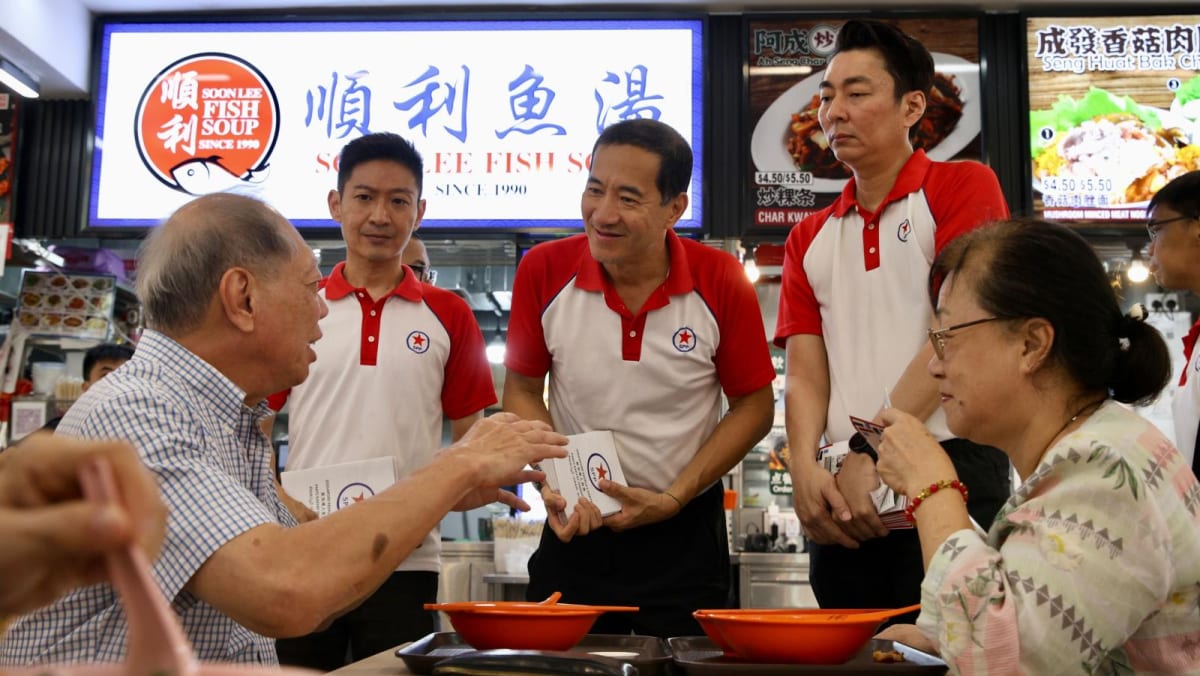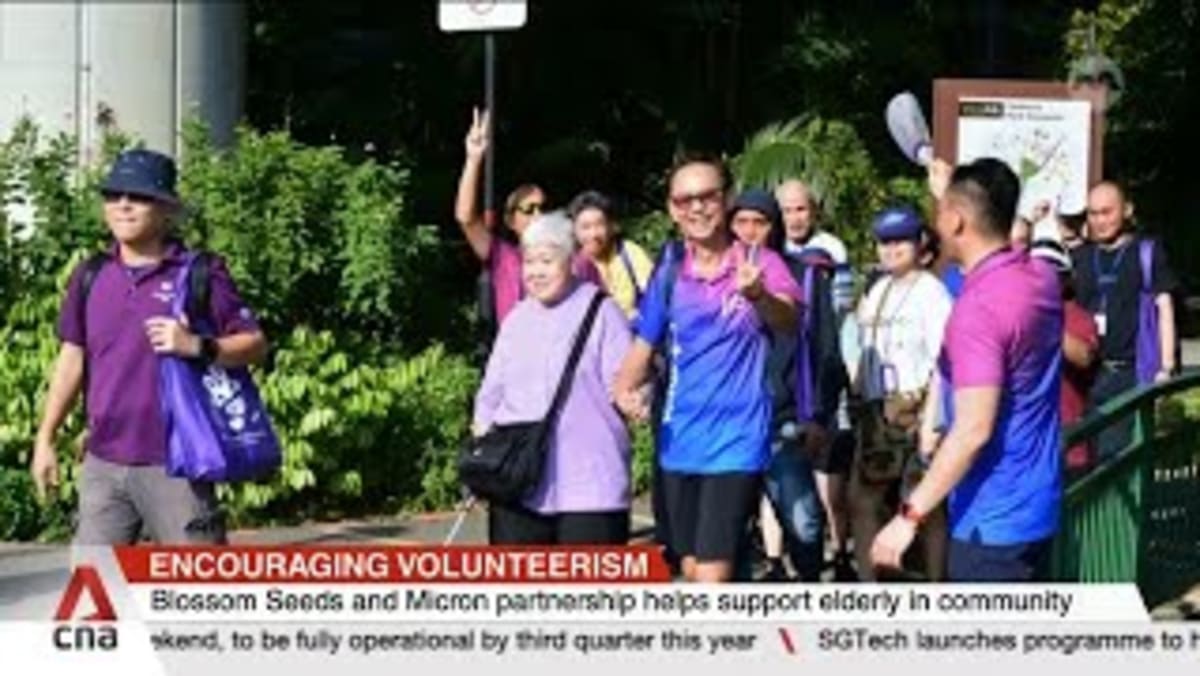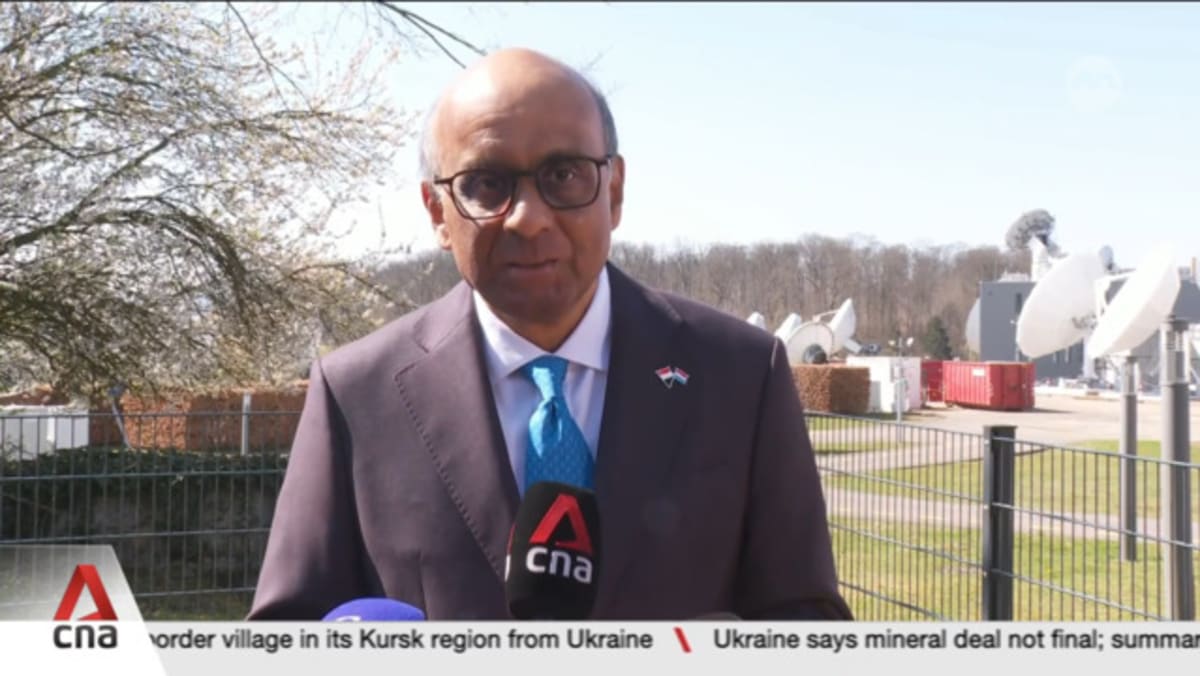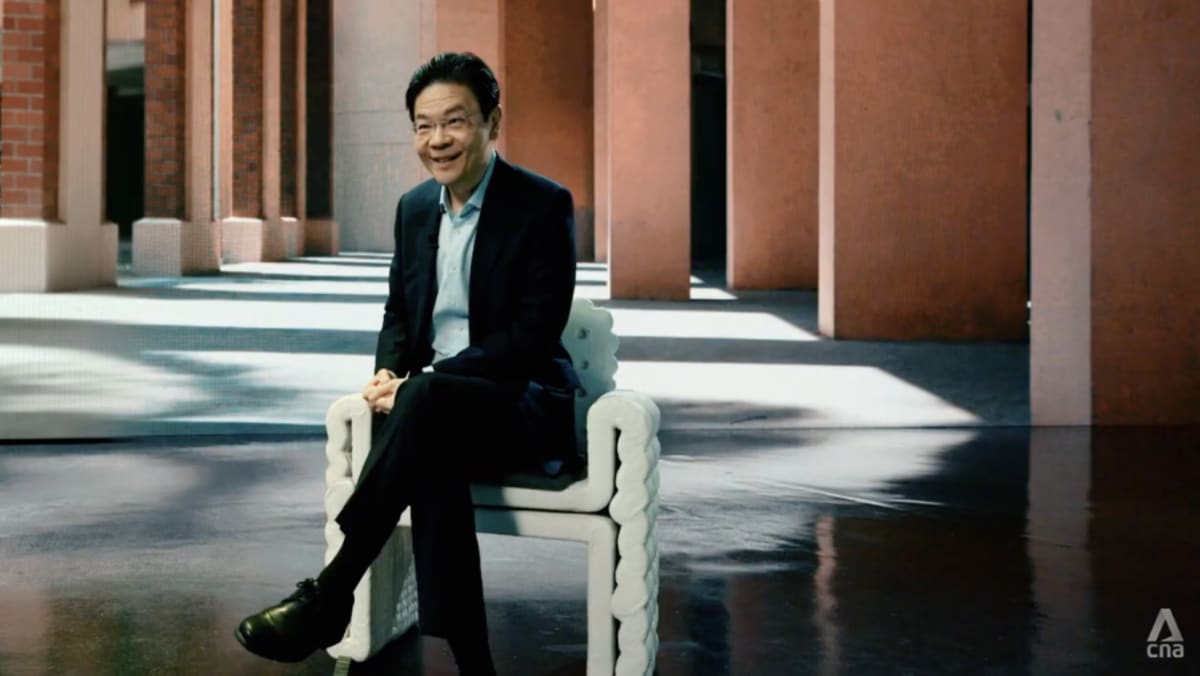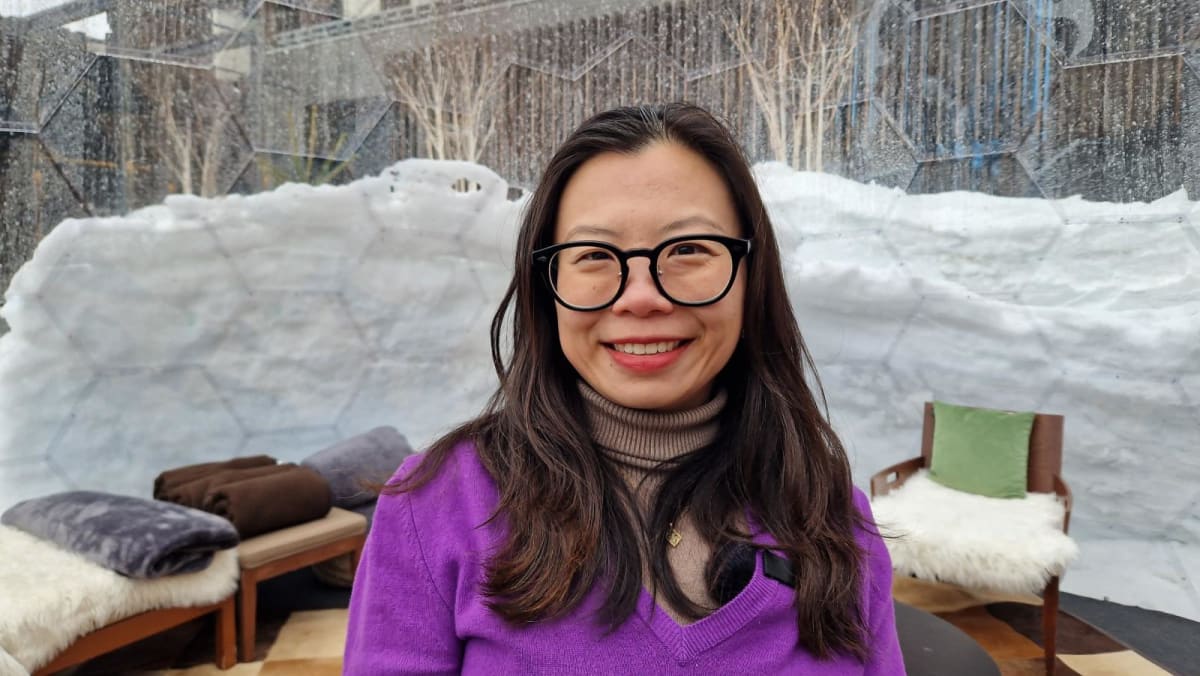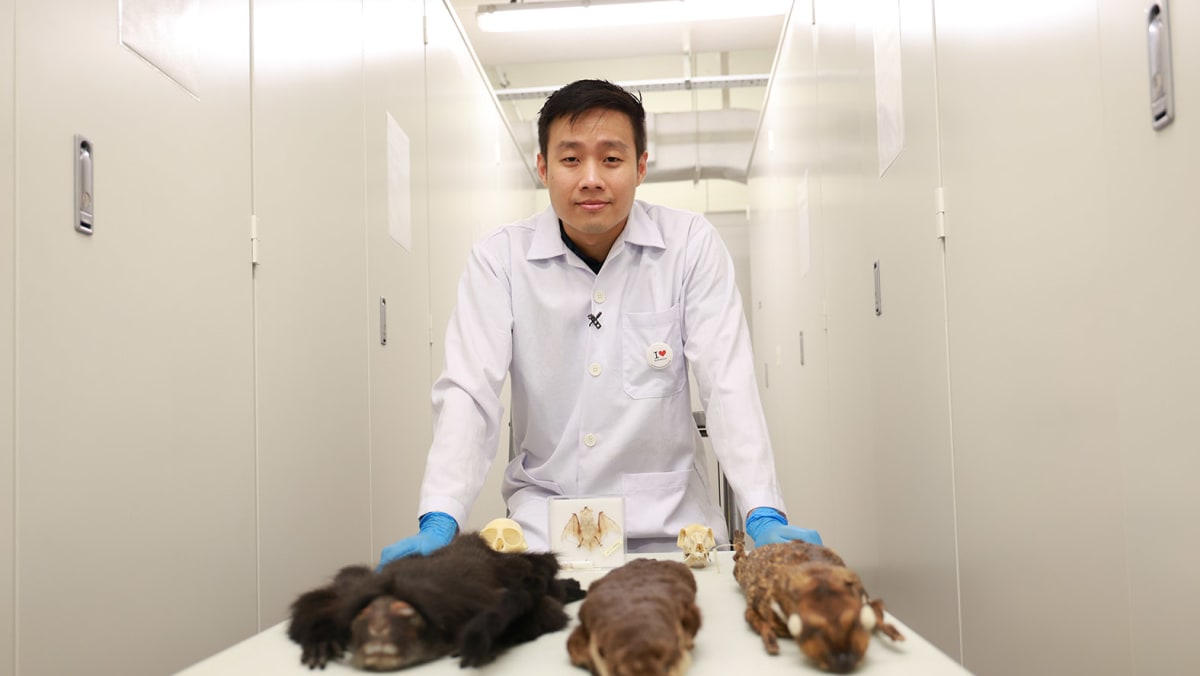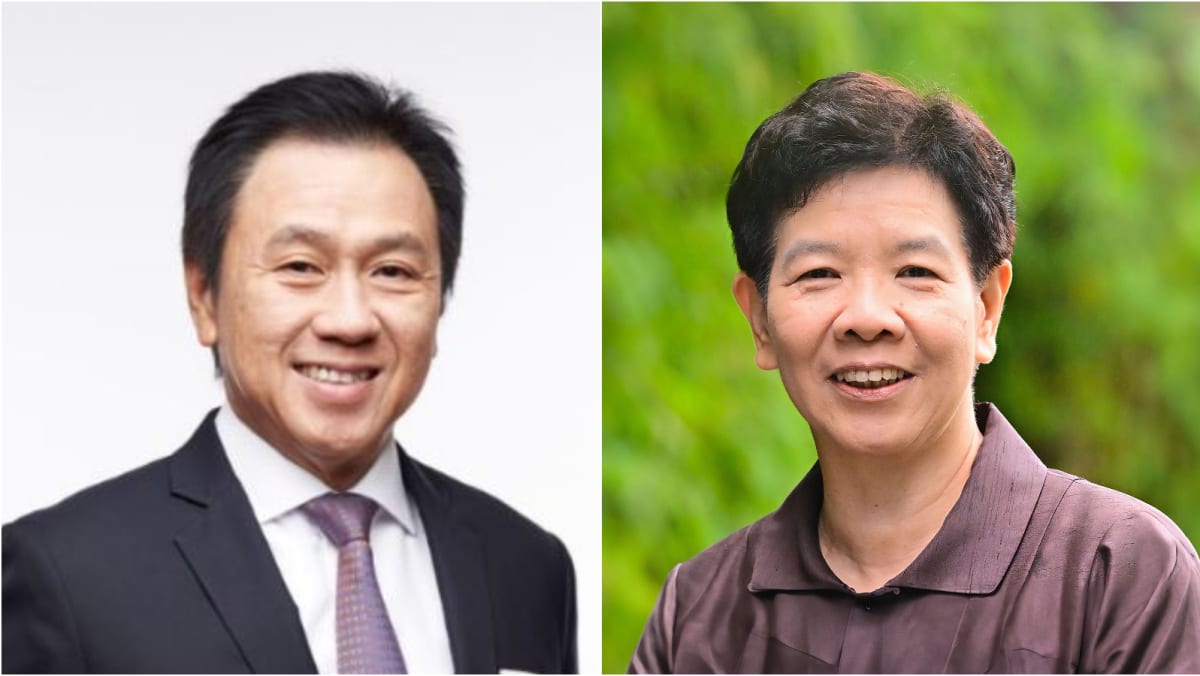Desperate for a solution, Mr Lam started researching alternatives and came across a Malaysian company based in Selangor that was marketing stem cell therapy.
According to its website, the company – International Cancer Therapy & Stem Cells Technology (ICT & SCT) – works closely with locally certified laboratories and doctors to offer services such as stem cell treatment to both local and overseas customers.
“I did have some reservations at first because I didn’t know how trustworthy they were and also the quality of what they would inject into me, but after enquiring more and doing more research, I felt more reassured and was willing to take a bet,” said Mr Lam.
In July last year, he flew to Kuala Lumpur to undergo stem cell therapy for both knees at a private clinic.
The treatment involved harvesting stem cells from donated umbilical cord tissues, followed by the culturing of these cells in a certified laboratory, according to the company’s Mr Lim. Stem cells are a type of cell with the potential to develop into various types of cells that may be able to help repair some parts of the body.
The cultured cells were then injected back into the damaged knee cartilage, where they developed into new cartilage tissue, Mr Lim added.
The patient, Mr Lam, reported a challenging period but ultimate success.
“My knees started swelling a few hours after the injection and it was very painful … the pain lasted for about three to four days,” he recalled.
“After that, the swelling went down and my left knee felt fine but the pain remained in my right knee, so I went back for a second round of injections in November for my right knee, and this time, the swelling lasted for one week but after that, I had no more pain in my knee,” Mr Lam said.
“Both knees are totally fine now, I can dance, run and even jump with no pain,” he said, adding that he paid RM30,000 (US$6,700) in total for the treatments.
NOT APPROVED AS MAINSTREAM TREATMENT IN SINGAPORE
Mr Lam is not the only Singaporean crossing the border to undergo stem cell therapy in hopes of repairing knee cartilage.
With the treatment currently not approved as a mainstream clinical service for cartilage repair in Singapore, some patients have been going to private clinics in Malaysia to bet on stem cell therapy.
These patients are reluctant to take up existing treatments such as total knee replacement or microfracture surgery, where tiny holes are drilled in the surface of a joint to signal to the body to create new tissue in the joint.
Kuala Lumpur Sports Medicine Centre (KLSMC), which has performed more than 1,000 stem cell procedures to regenerate knee cartilage since it opened in 2007, said it sees one Singapore patient each year on average.
“Singaporeans have a lot of good medical services back in Singapore so it’s only when they have specific reasons such as they don’t have a choice, then they come to us,” said KLSMC consultant orthopaedic surgeon Dr Saw Khay Yong.
